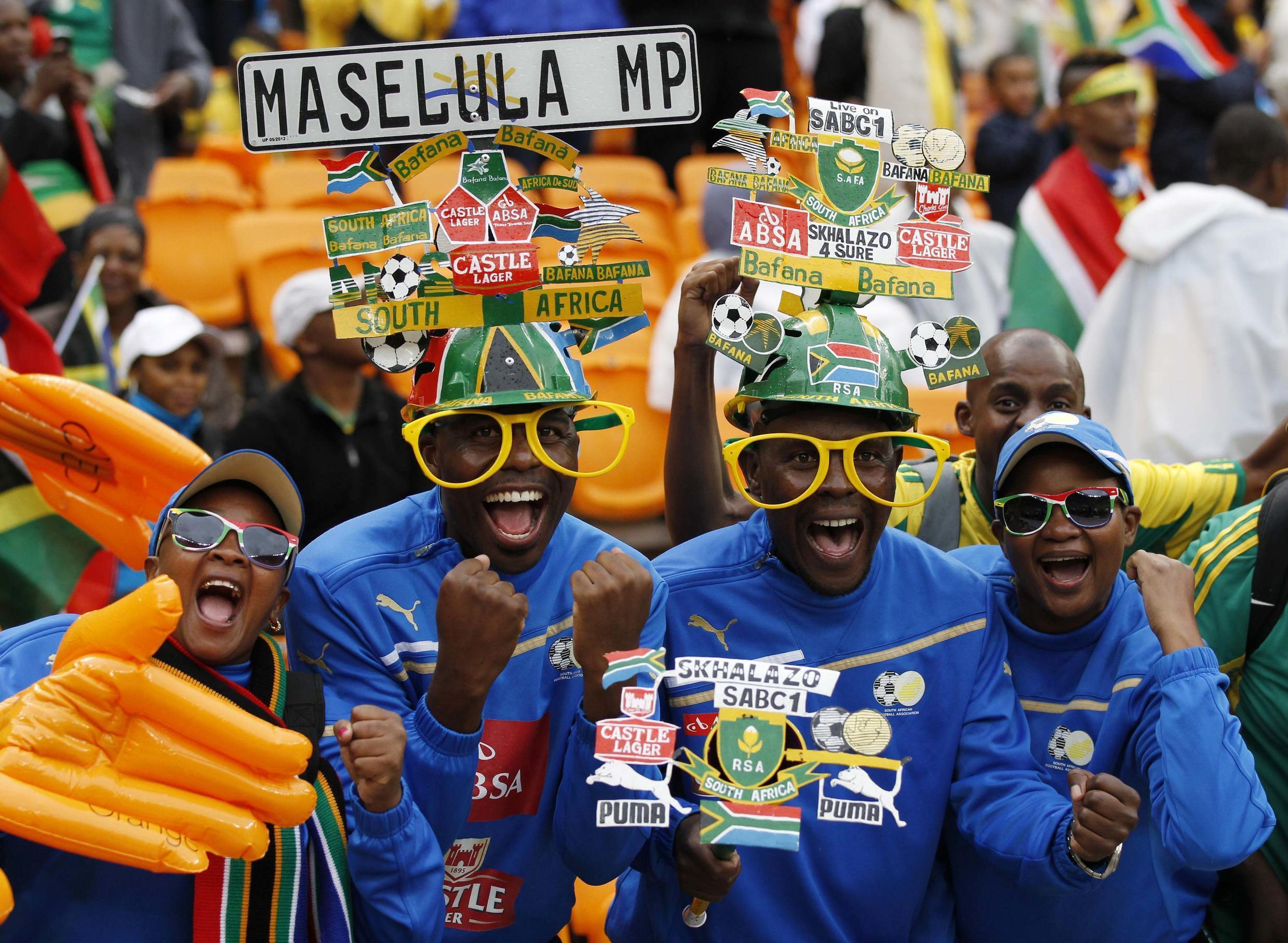African press review 23 January 2013
Kano clamps down on achaba. The Algerian hostage crisis could threaten plans for a trans-Sahara pipline. Was the Henry Okah verdict politically motivated? And is the SA farmworkers strike on or off?
Issued on:

In the wake of recent killings involving gunmen on motorbikes, Nigeria's The Daily Trust reports that commercial motorcycle taxis locally known as achaba have been banned from operating in and around Kano city until they register with the state government. Over a million bike taxis are affected according to a local trade union official.
Private motorbikes are also banned from carrying passengers until their owners register with the local government authorities.

There's a piece on the business pages of the Nigerian Guardian headlined: "Algeria’s hostage saga: The dilemma for trans-Saharan gas pipeline scheme."
The article points out that, following the recent hostage debacle at the Algerian gas facility of In Amenas, international energy companies operating in the region are reconsidering the security situation in the region, where Nigeria is investing billions of dollars in the project to complete 4,000 kilometres of gas pipeline.
Nigeria is developing the trans-Saharan gas pipeline in collaboration with Algeria and Niger. The estimated cost of the project is 10 billion euros and would supply up to 30 billion cubic metres of natural gas yearly to Europe.
The assumption that energy installations in the Sahara region were safe from terror attacks collapsed last week when armed militants invaded the In Amenas operation in south-eastern Algeria.
Nigeria, Niger and Algeria are among the least secure areas in Africa because of the various terrorist movements operating on their territory, say The Guardian, pointing out that even a small-scale attack could seriously delay the completion of the pipeline, dramatically raising costs for the companies involved.
The Nigerian press is also reacting to Monday's verdict in the Henry Okah trial in South Africa.
The Niger Delta militant leader was found guilty of masterminding twin car bombings which killed at least 12 people in Abuja during the 50th Independence Day celebrations in 2010. He faces a minimum sentence of life in prison.
According to Festus Keyamo, the lawyer defending Henry Okah’s brother, Charles, in a separate case, the South African conviction was politically motivated and is legally incorrect.

“The fundamental flaw in the trial is that Henry Okah was not given adequate facilities and the opportunity to defend himself," Keyamo is quoted as saying. "This is because, after the prosecution closed its case in South Africa, the defence attorneys and my chambers here in Abuja tried frantically to summon the witnesses of Henry Okah who are based here in Nigeria to testify on his behalf. These witnesses include some government officials,” he said.
Festus Keyamo claims the conviction was a breach of Okah’s “fundamental right to fair hearing and an obvious attempt by the South African authorities to please Nigeria at all costs”.
In South Africa itself, BusinessDay reports that the Western Cape farmworkers’ strike has been called off, according to a provincial Congress of South African Trade Unions official.
The same official warned that Cosatu would be coordinating "the mother of all strikes against bad farmers" later in the year, should no agreement be reached on a better daily wage, decent farm conditions and a comprehensive land reform plan.
Farmworkers went on strike last year, demanding that the minimum daily wage be increased from six euros to about 13 euros. The strike was suspended last month but resumed a few weeks ago in various towns in the province.
The Building and Allied Workers’ Union of South Africa said on Tuesday morning that the strike will continue in the Western Cape town of De Doorns.
Daily newsletterReceive essential international news every morning
Subscribe